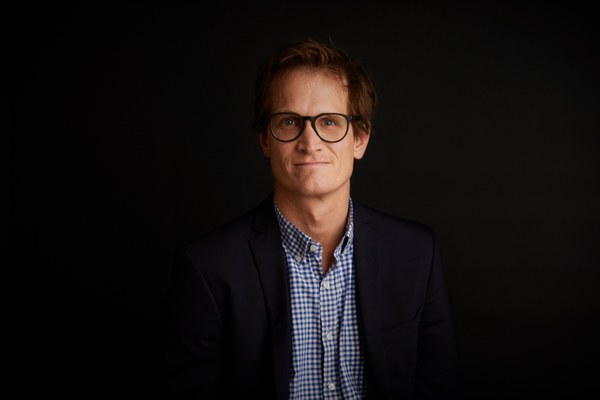Marcus M. Larsen
Research leader

Project title
Firm Formalization and Sustainable Development
What is your project about?
This project seeks to understand whether and how formalization leads to sustainable development. A common trait of most developing economies is the vast presence of firms operating in the informal economy as unregistered enterprises. While many official development policies emphasize the sustainability potential of formalizing these enterprises, it is currently unclear whether and how firm formalization is associated with the adoption of sustainable, inclusive, and environmental business practices. Together with a team of economists from Makerere University in Kampala, Uganda, this project will conduct a field experiment in Uganda to understand 1) why business owners choose to remain informal or decide to formalize, and 2) whether firm formalization leads to sustainable development. This project can contribute with a more profound understanding of the decision-making underlying the transition to formality and its effect on sustainable development.
How did you become interested in your particular field of research?
I have always been fascinated by the informal economy. For example, in 2008 I worked as an intern in a Zambian association for informal economy workers. Here I learned firsthand about their struggles in making ends meet, but also their entrepreneurial mindsets in making do with the resources at hand. For the past four years, I have led a project funded by the Carlsberg Foundation to better understand how enterprises in a variety of informal economy contexts structure their organizations. Through this work, it has become clear that informal enterprises employ vastly heterogeneous strategies to cope with the challenges derived from significant institutional voids. We have also learned how many informal enterprises aspire to formalize and gain legitimacy, but are restrained by vast uncertainty and limited knowledge regarding future prospects.
What are the scientific challenges and perspectives in your project?
While much research explores the antecedents, processes, and outcomes of economic informality, our knowledge on the relationship between firm formalization and the adoption of sustainable business practices remains limited. It is often assumed that firms are able to conduct a rational calculus of the costs and benefits of formalization, and can thereby assess whether the adoption of sustainable business practices is worthwhile. Yet, this view is at odds with important behavioral assumptions underlying how important strategic decisions (such as whether or not to formalize; to comply with regulations; to alter or adopt certain business practices) are made. Moreover, it is unclear whether formalization contributes to sustainable business practices. We will take an interdisciplinary approach by a) combining insights from development economics (supplying explanations on the informal economy) and management research (supplying explanations of firm behavior and decision-making) to develop rigorous theory on how firm formalization can lead to the adoption of sustainable business practices; and b) collecting evidence through field experiments in Uganda consisting of randomized controlled trials (RCT) with specific interventions that can induce firm formalization and sustainable growth.
What is your estimate of the impact, which your project may have to society in the long term?
The societal presence and impact of the informal economy in developing countries are inescapable. Recent estimates suggest that around 90% of the total workforce in Sub-Saharan Africa is employed in the informal economy. Informal economic activity is more prevalent in states with dysfunctional institutions and infringed social systems, and is often associated with underreported and uncontrolled employment, avoided taxes, uncontrolled emissions, and environmental degradation. This project can contribute to a more nuanced policy understanding of whether and how the relationship between firm formalization and sustainable growth can be induced. As many official development policies are directed at lifting firms out of informality, the evidence disseminating from our project can contribute with a more precise and directly implementable approach to create formalization and sustainable growth.
Which impact do you expect the Sapere Aude programme will have on your career as a researcher?
The grant will allow me to build a strong research team dedicated to conducting world-class research on the dynamics of the informal economy. In the longer run, the grant will be instrumental in positioning me to compete for ERC-level schemes and other major funding opportunities.
Background and personal life
I’m born and raised in Norway but have been in Denmark since 2004. I live together with my partner and two children aged 3 and 5 in an old house in a small village in Vestskoven outside Copenhagen. While I enjoy Danish culture, I miss Norwegian nature.
View all research leaders here
Research institution
Copenhagen Business School
Research field
Management and economics
City of your current residence
Albertslund
High school
Dønski Videregående Skole (Norway)
